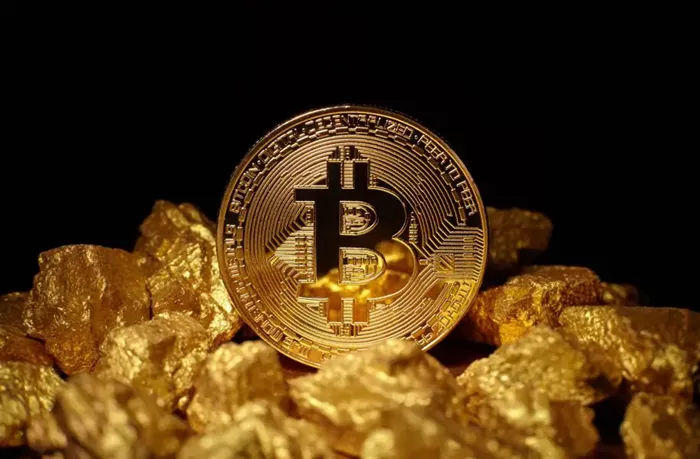Rising inflation and monetary instability across the globe may lead to Bitcoin becoming an increasingly popular asset, potentially threatening gold’s longstanding dominance as a safe-haven investment, according to industry expert Back.
Back noted that although Bitcoin recently experienced a 30% correction from its all-time high of $109,000, it retains qualities similar to those of gold—most notably its scarcity. He emphasized that Bitcoin, much like gold, is a limited resource, and this scarcity is key to its appeal as an investment asset. Despite Bitcoin’s relative infancy in the financial world, its adoption curve is steadily growing, and this could position the cryptocurrency to compete with gold as a store of value in the future.
A key factor driving this shift, Back explained, is inflation. In the past five years alone, major global currencies like the US dollar and the euro have seen their supplies increase by more than 50%. As the supply of these currencies grows, their purchasing power diminishes, which in turn spurs demand for assets that can hold value over time. Bitcoin, with its finite supply, is increasingly seen as a hedge against the erosion of fiat currency value.
The expert went on to highlight how continued inflation is likely to push the prices of physical assets such as housing and commodities higher in the long term. Real estate, stocks, and other traditional investment vehicles, while generally seen as relatively stable, may not provide the same level of protection against inflation as Bitcoin could. Due to its decentralized nature and its deflationary design, Bitcoin is poised to offer investment returns that could outperform more conventional assets, according to Back.
Looking ahead, Back suggested that Bitcoin’s unique properties—such as its scarcity, global accessibility, and potential for high returns—may lead it to assume some of gold’s traditional roles. In particular, he pointed to the cryptocurrency’s potential as a geopolitical hedge, where investors may turn to Bitcoin in times of uncertainty, much like they have historically used gold during periods of financial or political instability. As Bitcoin continues to mature, its potential to disrupt traditional asset classes like gold seems increasingly likely, positioning it as a competitor in the ongoing search for secure stores of value.
In conclusion, as inflationary pressures mount and the global economic landscape shifts, Bitcoin’s growing adoption could see it gradually replace gold in some investors’ portfolios, becoming a prominent player in the quest for financial security in uncertain times.
Related topics:
- India Surpasses China in Gold Purchases, Buying 51% More in Three Months
- Qilu Bank Enhances Support for Small Businesses with Innovative Financial Tools
- Bitcoin Poised for a Surge Amid Gold’s Delivery Delays, Expert Claims


